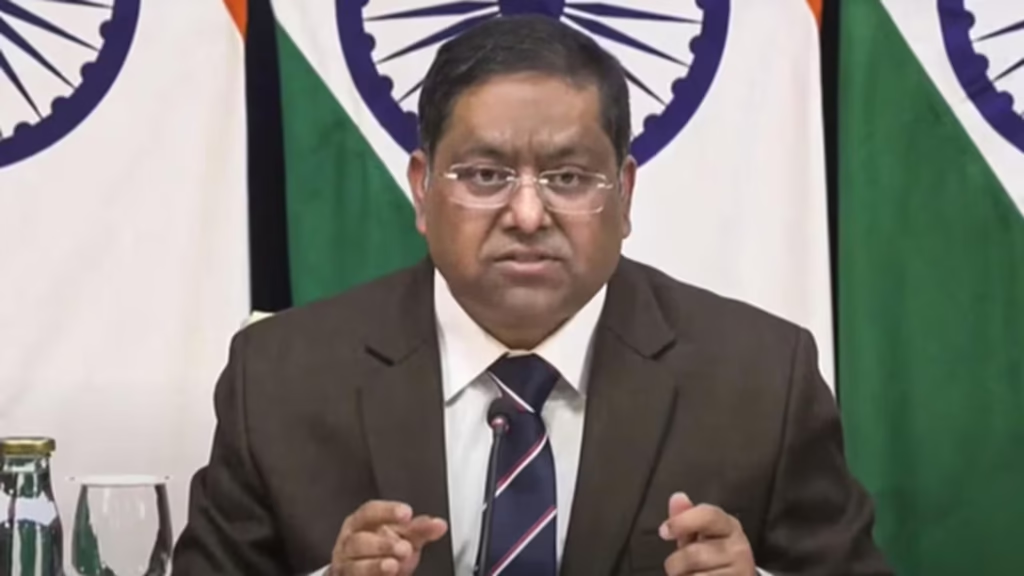In a case that has sparked international concern, an Indian woman was reportedly executed in the United Arab Emirates (UAE) for the murder of a child, with neither her family nor the Indian government being informed prior to the execution. The incident has raised serious questions about due process, diplomatic protocol, and the transparency of legal proceedings involving foreign nationals in the UAE.
A Shocking Execution Without Notification
The woman, whose identity has not been publicly disclosed, was convicted of murdering a child in a case that led to the death penalty. Reports indicate that the execution was carried out without prior notification to her family or the Indian consular authorities, a standard practice in most countries when foreign nationals face capital punishment. The lack of communication has drawn criticism from human rights organizations and legal experts, who argue that the execution process must adhere to established international protocols.
Legal Proceedings and Conviction
While details surrounding the case remain limited, sources indicate that the woman was sentenced to death following a trial in a UAE court. The circumstances of the crime, including motive and evidence presented, have not been extensively reported. However, legal experts note that the UAE follows a strict legal framework where capital punishment can be applied in cases of premeditated murder.

Despite her conviction, it is unclear whether she had access to adequate legal representation or if any appeals were pending at the time of the execution. The secrecy surrounding the case raises concerns about whether the defendant was given a fair chance to exhaust all legal remedies before the sentence was carried out.
India’s Response and Diplomatic Fallout
The Indian government has reportedly expressed concern over the lack of prior notification regarding the execution. Standard diplomatic protocols dictate that when a foreign national is sentenced to death, their home country’s embassy is informed, allowing for legal assistance and family notifications. In this case, there appears to have been a breakdown in communication, leading to a diplomatic dilemma between India and the UAE.
The Ministry of External Affairs (MEA) in India is expected to seek clarification from UAE authorities regarding the execution. Indian diplomats have previously intervened in similar cases to negotiate clemency or ensure legal support for Indian nationals facing severe punishments abroad. However, in this instance, the lack of transparency has left little room for intervention.
Human Rights and Legal Concerns
International human rights organizations have condemned the manner in which the execution was conducted. The case highlights broader concerns regarding the treatment of foreign nationals in the UAE’s legal system, particularly in cases involving capital punishment. The lack of access to legal aid, language barriers, and limited consular intervention can significantly impact the fairness of trials for expatriates.
The UAE is known for its strict legal system, which includes the death penalty for serious crimes such as murder, terrorism, and drug trafficking. However, executions are relatively rare, with many death sentences being commuted to life imprisonment through presidential pardons or blood money settlements under Sharia law.

Family’s Reaction and the Search for Answers
The woman’s family in India was reportedly unaware of her impending execution and only learned about it after the sentence had been carried out. The shock and grief of losing a loved one under such circumstances have left the family seeking answers and justice. Family members have urged Indian authorities to take up the matter with UAE officials to understand why they were not informed and whether there was any possibility of intervention.
Call for Greater Transparency in Legal Proceedings
The case underscores the need for greater transparency and adherence to international norms in capital punishment cases. Legal experts and diplomats emphasize the importance of timely consular notifications and fair trial procedures to ensure justice is served while respecting the rights of foreign nationals.
Moving forward, India may seek assurances from the UAE regarding improved communication and legal access for its citizens facing trial in the country. As global scrutiny over the incident grows, human rights organizations are expected to push for reforms that ensure foreign nationals receive adequate legal representation and due process before facing the death penalty.
The execution of the Indian woman in the UAE remains a tragic and controversial incident, raising critical concerns about legal rights, diplomatic relations, and the treatment of foreign nationals in the justice system.
Do follow Uae stories for more Updates













